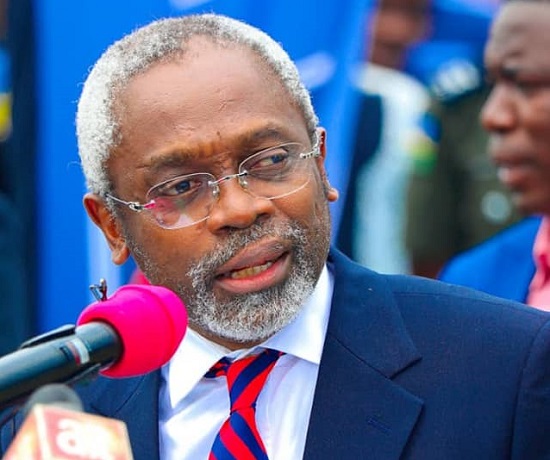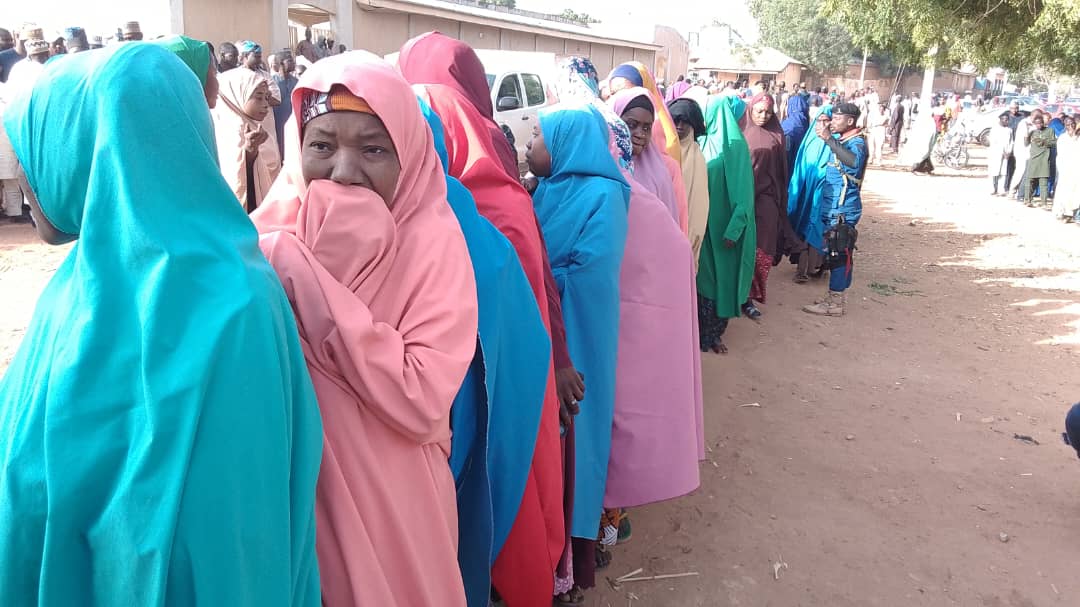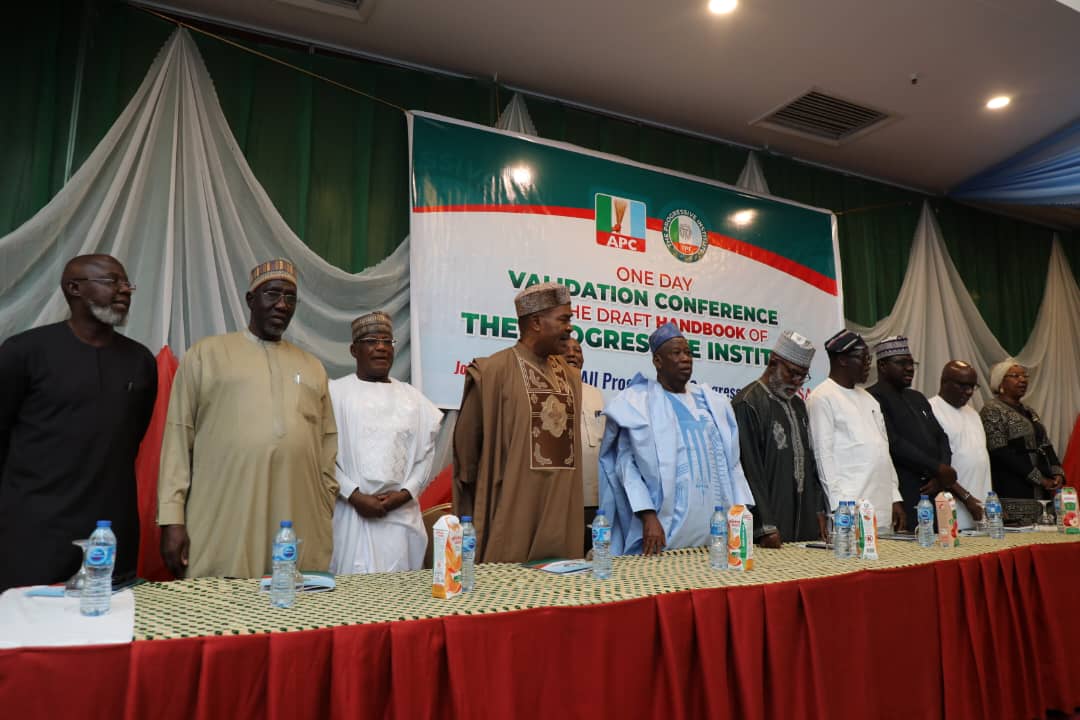Paulinus Okwelle was appointed as the executive secretary of the National Commission for Colleges of Education (NCCE) in April 2021, at a time when NCE education was battling with declining popularity.
In this interview with TheCable’s SAMUEL AKPAN, the professor expressed concerns over the low enrollment in colleges of education, advocating for its preservation amid the trend of converting colleges to universities.
TheCable: What do you find most fulfilling since your appointment as the executive secretary of NCCE?
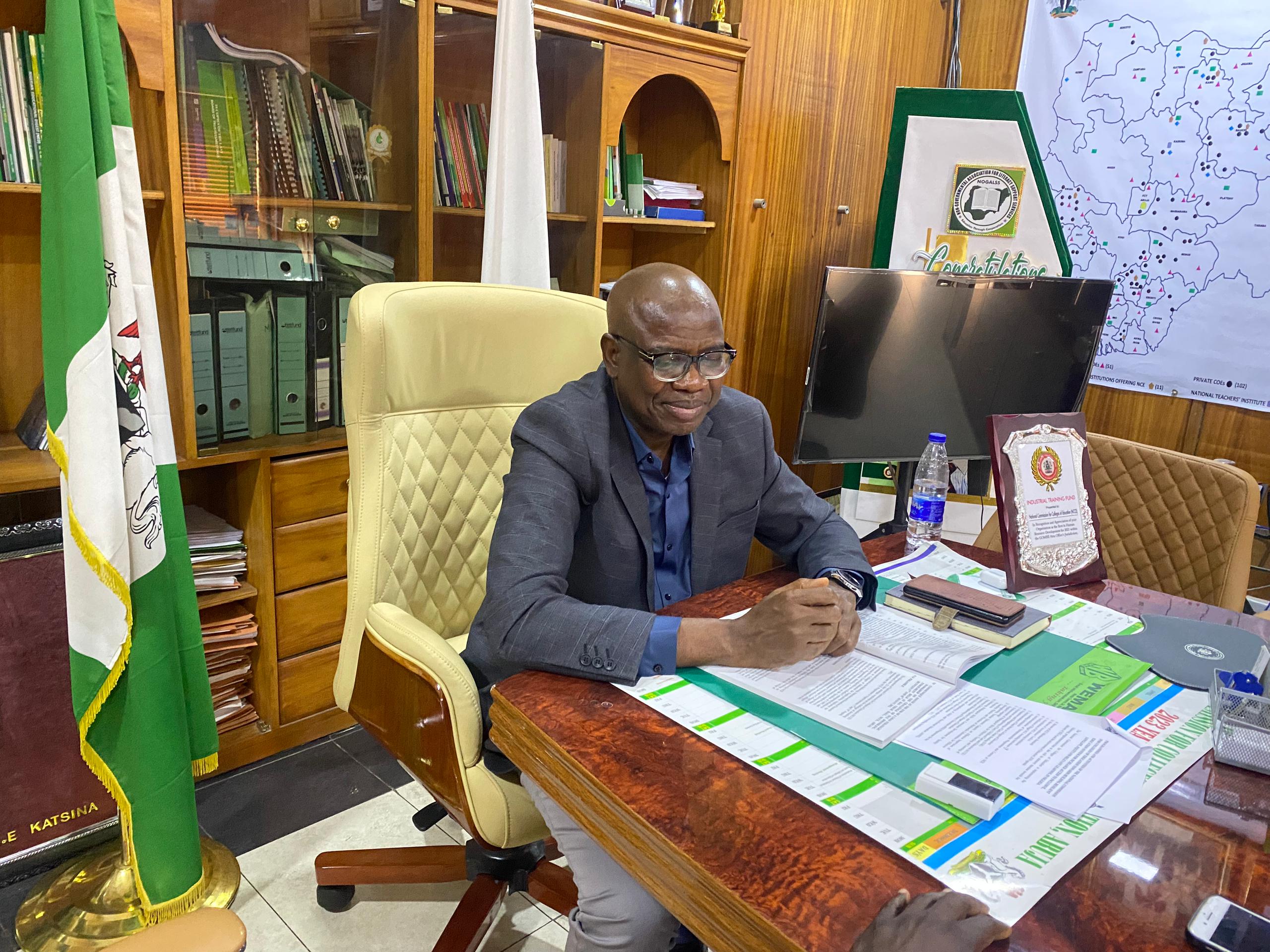
Okwelle: The first thing I did when I came on board was put the house in order. I met a structure that I felt should be improved upon. I also tried to get everybody on their toes. I demanded a structure from the directors. Do staff have responsibilities? You are Mr. A, and you come to work every day. Do you have a schedule? I discovered that this was lacking. Some staff don’t even know what they do; they just come to work. I said no; it doesn’t happen like that. There must be a schedule because it is only on that basis that you can appraise the person for promotion.
Advertisement
Probably, my predecessor didn’t see the need for that. It is not enough that you are in a department; what do you do in that department? I established a schedule so that we can hold people responsible if there is leakage or things are left undone. It took time because it was only strange to them. We also constituted all the committees that we were supposed to have, like SERVICOM and FOI.
TheCable: Are there low enrollments in colleges?
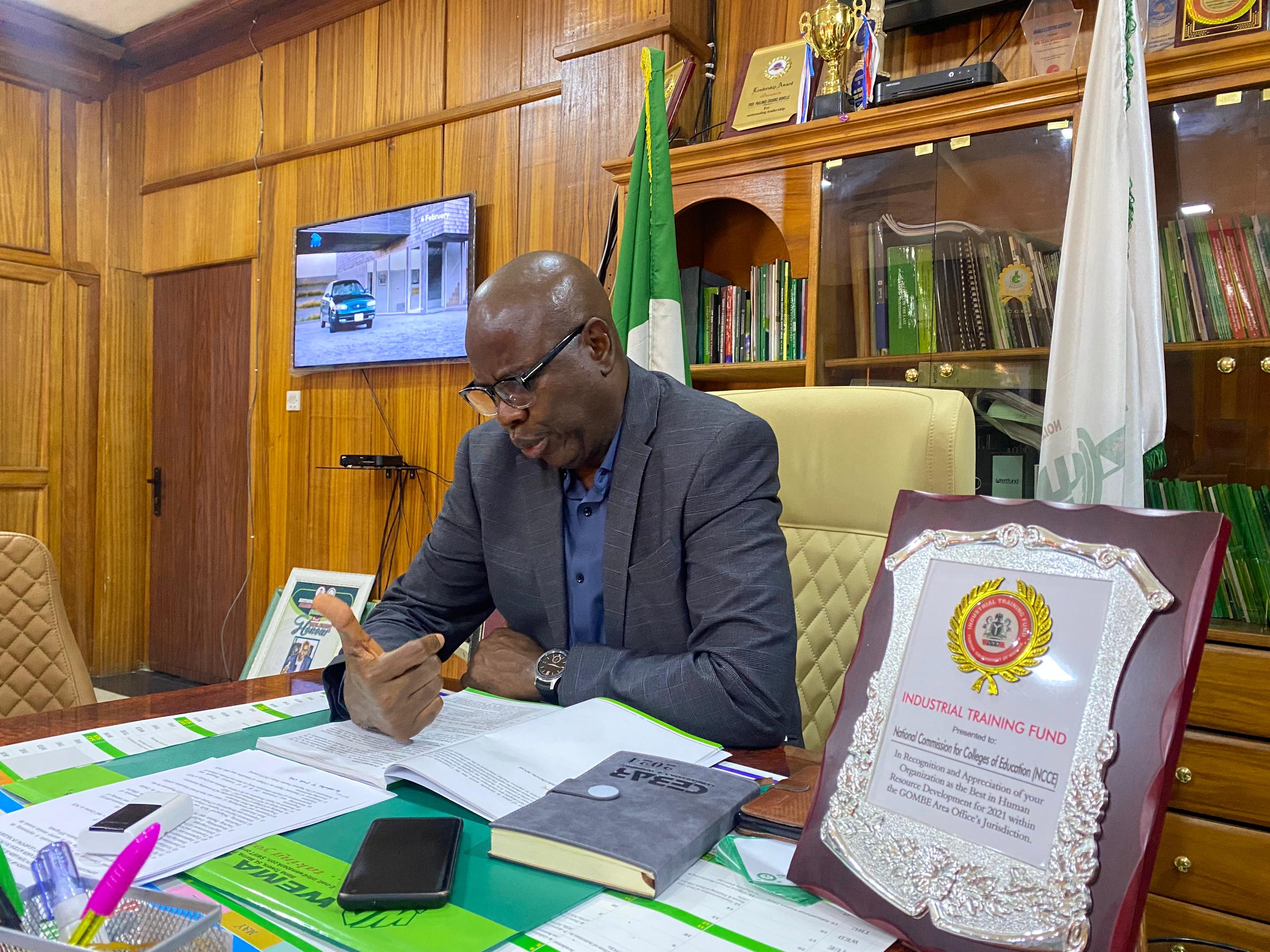
Advertisement
Okwelle: I discovered that there was a low enrollment of students in our colleges. The first thing I did was hold a summit, which was well attended. The registrar of JAMB came in person to give us his views based on statistics. We brought in some of our former executive secretaries, NERDC, and TRCN, and all the chief executives were here in person, including ITF.
After the summit, we came up with a communique. One of the things was to close down illegal colleges, review the curriculum, and strengthen the NCE certificate because we saw that there was public disdain and that people were no longer interested in our colleges. The outcome of that summit took us to a second one. We came up with another summit to really find out what is responsible for the low enrollment.
TheCable: So, what is responsible for the low enrollment?
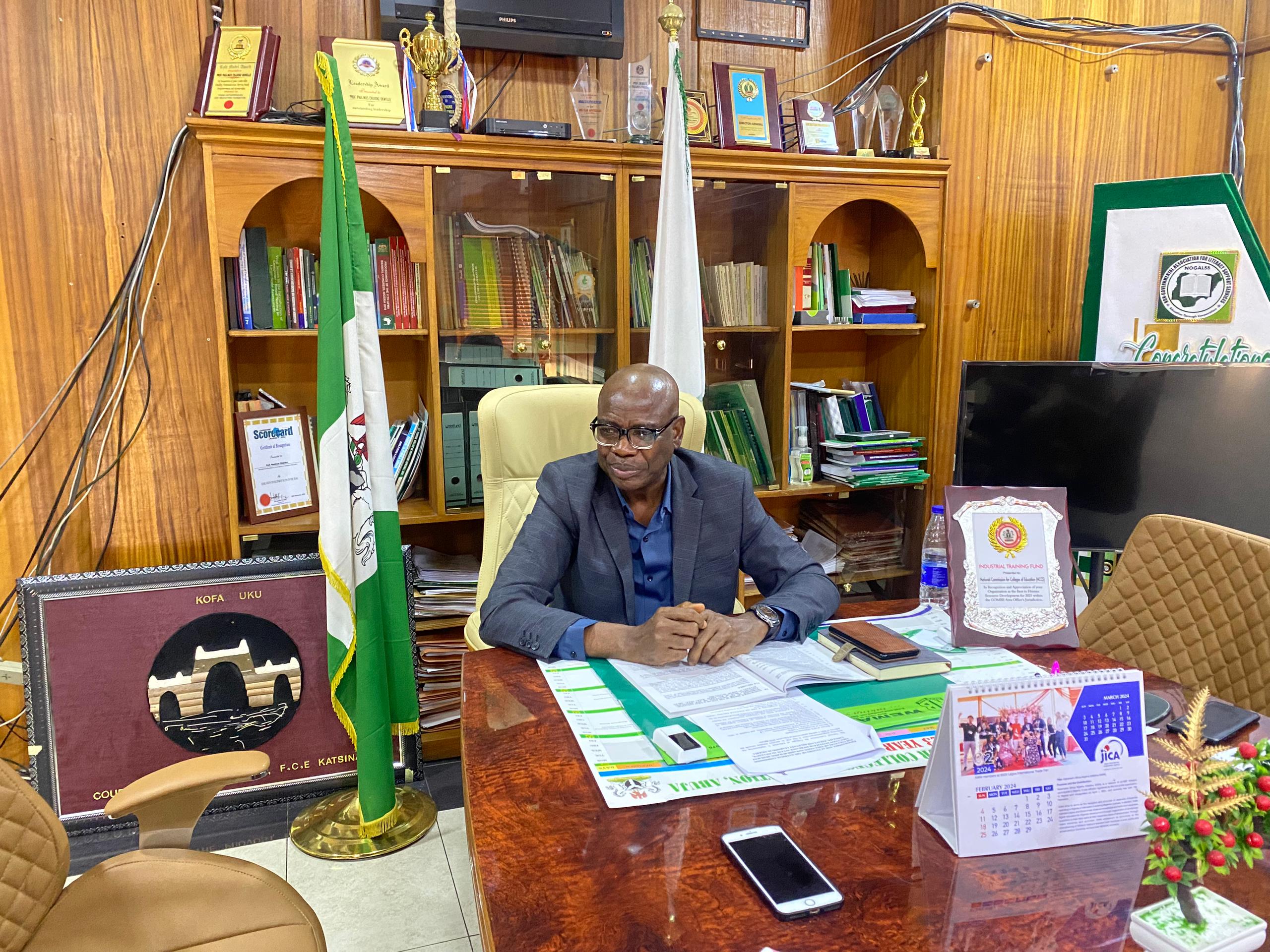
Okwelle: So many reasons were adduced. One is that the entry qualification for NCE is the same as the degree. You need five credits, including English and mathematics, for NCE, while it is the same requirement to run a degree. We discovered that people questioned why somebody should go through that long route. You spent three years for NCE; you now go to the university to spend another three years for a degree.
Advertisement
The second reason is that, in some states, people are unwilling to employ NCE holders. They prefer to employ those with degrees. We know some states that are directly employing degree holders to teach at primary schools, which, to us, is not the best for the country.
I am a product of a degree in education, and I know that if you ask me to teach in primary school, I will sweat because some of those things that I need to know, I didn’t learn in university. But in NCE, those things are taught. The NCE students are trained to teach at the primary school level. So, you see, so many of them don’t get jobs when they graduate. Many of them are discouraged from running NCE. We also discovered that there is a paradigm shift—if you go down to the south-east and south-south, the enrollment decline is higher than in the north. Meaning that in the north, they still embrace NCE.
Even as I speak now, some of our colleges in the south, as of last year, said they enrolled 100 or so in all the programmes. While in the north, even though it is declining, some still have over 2,000 students. You cannot phase out NCE because it is still relevant and people still value it. Even in some parts of the country, it seems like they don’t need it again. That led to many states converting their colleges of education to universities. Lagos state is an example. They have two colleges of education. They merged the two as a university; they didn’t even leave one. Almost all the states in the west have converted most of their colleges of education to universities.
TheCable: Given the decline in enrollment, is there a risk of colleges of education becoming extinct?
Advertisement
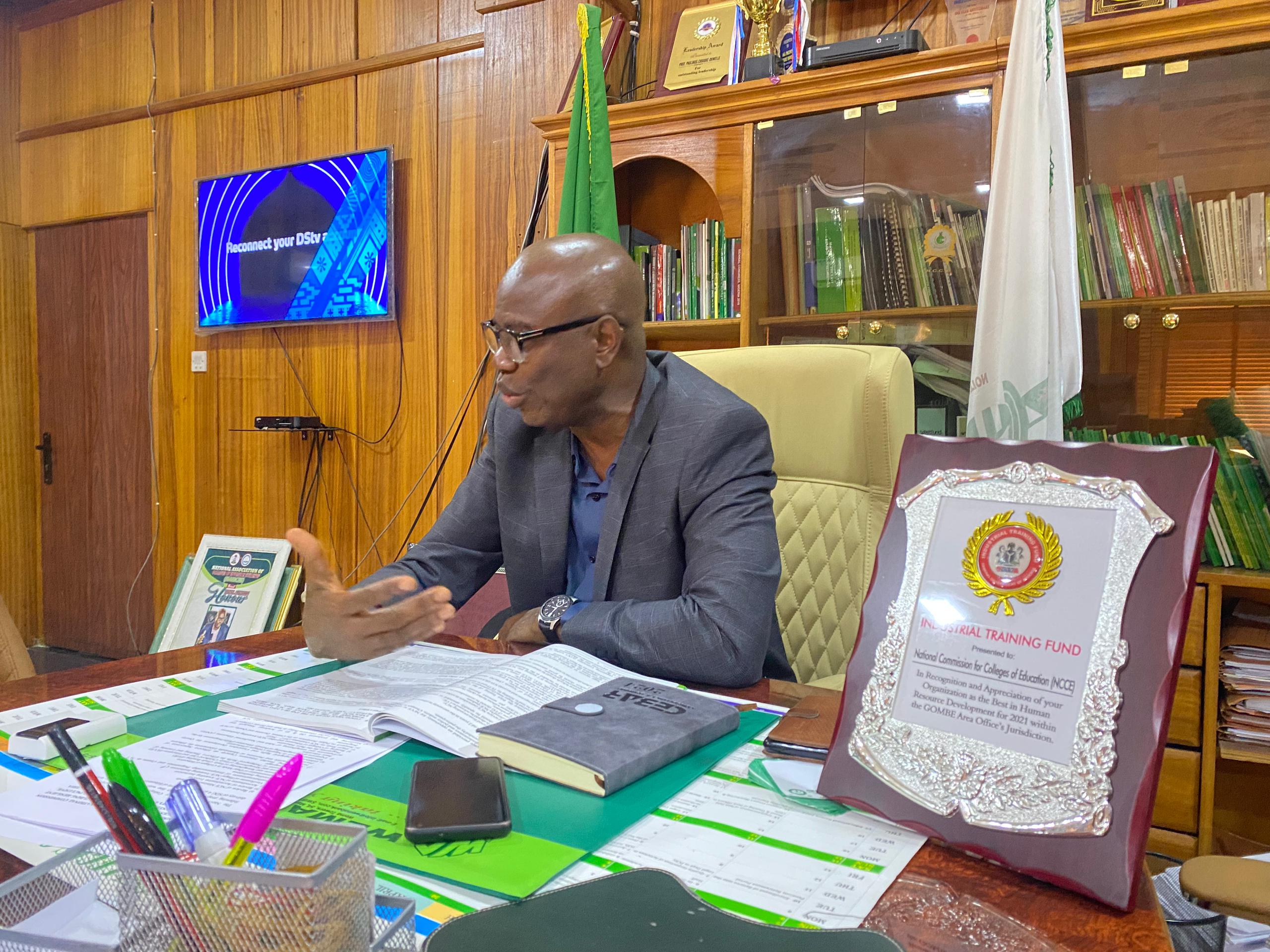
Okwelle: Because of this decline, there was advocacy to review the Colleges of Education Act so that they could run degree programmes. So, presently, there is an Act that has empowered the colleges of education to run degrees along the NCE programme even though implementation has not come up. That Act was assented to by the present administration. If you are going to the college of education to acquire a degree, why not go through NCE for three years and then two years for your degree so that you will be a grounded teacher? You can teach either in primary or secondary school. So, the implementation is where we are now.
Advertisement
TheCable: What is dragging the implementation?
Okwelle: Putting the framework for implementation in place. The NCCE will not do it alone because we cannot regulate degrees. There must be a platform where we can meet and agree. It also means that the curriculum will be completely reviewed. We are still talking to see how the implementation will take place.
Advertisement
TheCable: When last did you take a holistic review of the NCE curriculum?
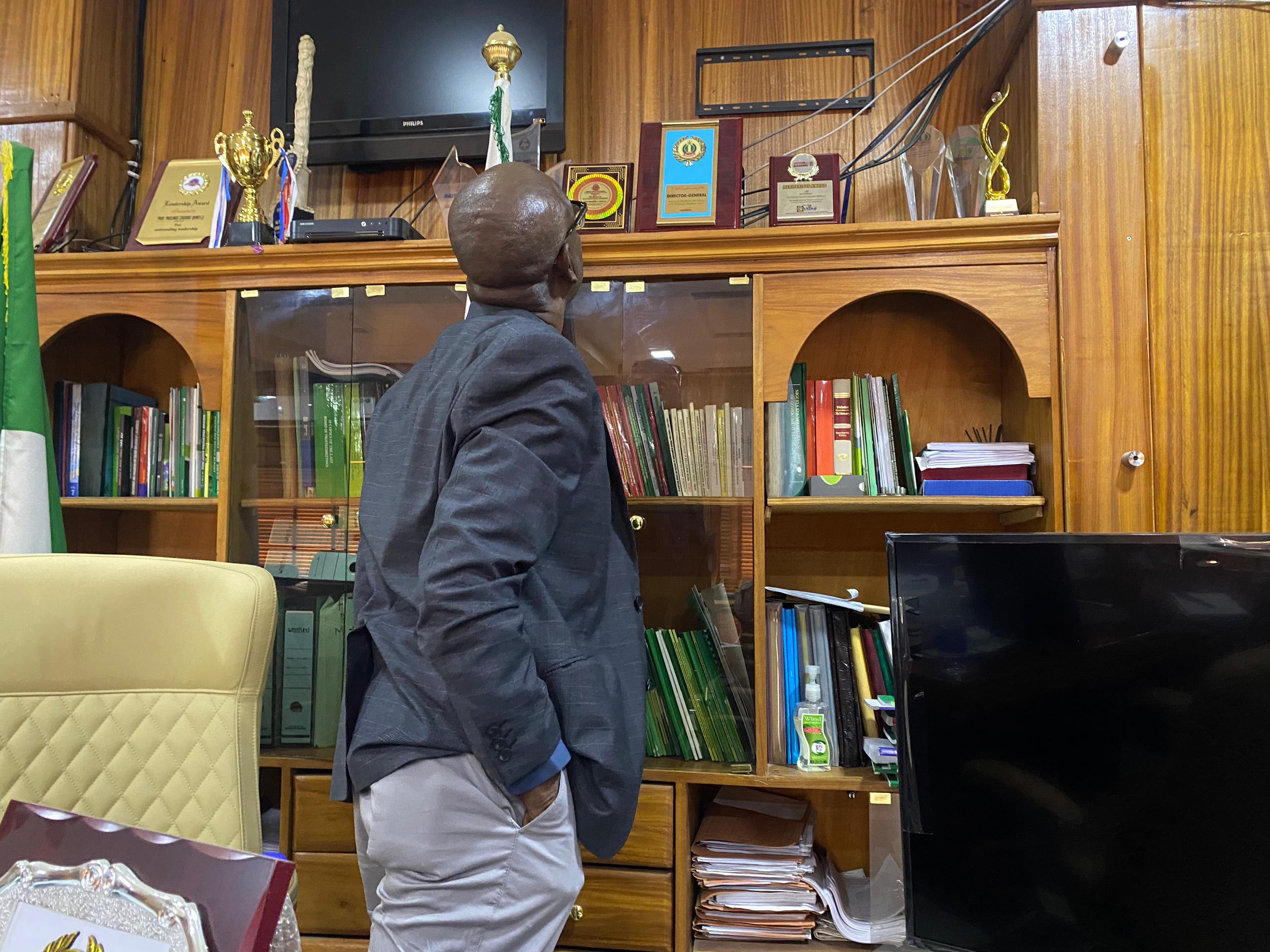
Advertisement
Okwelle: The next curriculum should come out in 2025. Records show that we have been able to maintain the five-year circle. Nevertheless, there have been some minor reviews to accommodate new things.
TheCable: A few months ago, you raised the alarm about the proliferation of illegal education colleges. You also vowed that they would be shut down. What has happened since then?

Okwelle: In our first exercise ending in 2022, we discovered about 160 illegal colleges and study centres. They are not registered or licensed. They had no standard. Nobody looked at the colleges to approve and supervise them. So, we identified them. Some were running illegal study centres. A college that approval was given to in Oyo state has a study centre in Abuja. It is not peculiar to the colleges. Even the universities and polytechnics. We know about this. To be fair, it was an exercise in which we took a risk. Our directors physically went to those remote places and identified them. We did it so that we had very fruitful results. First of all, we wrote to the governments of those states.
So, when our team goes to a state, we will report to the ministry of education in that state. The ministry of education helped us identify some. For you to establish a private college, you must have a consent letter from the ministry of education of that state. When we got the result and sent it to the minister, he asked us to take steps to close them down. So, the first step we took was that we wrote to the governors of each of the states; Bauchi even published its own because it had the highest number of illegal centres. They were all closed down. Some of them came to apply for proper licensing. Recently, we had to go for another revalidation of the private colleges. In addition, we went out again to see if there were other illegal colleges that we closed and have reopened.
As I speak now, we are collating that result. When we collate, we will filter because it is a legal thing. You have to be very sure so that somebody does not take you to court. Once that is done, we assure you that by February, we will be sending our reports to the ministry. We have this record that many colleges don’t have students, but we are seeing private colleges. What are they doing? We want to know. If students are not there, we might advise them to close down, unless they are using it for illegal business. At the end of that exercise, some colleges might be closed down. The whole essence is to strengthen the certificate of quality education.
TheCable: Do you have an overlapping function with NTI?
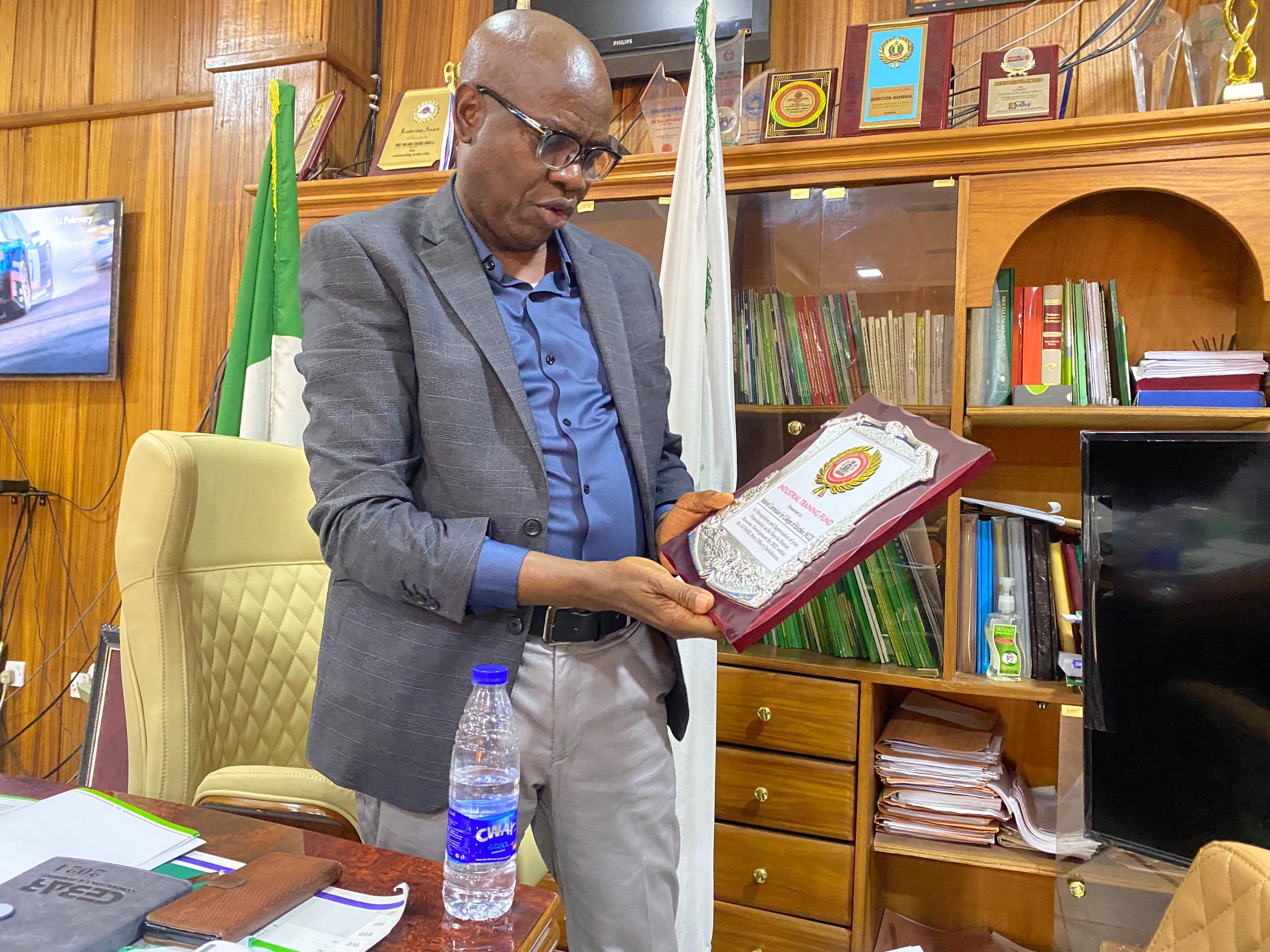
Okwelle: To an extent, there is. NTI says it has the power to run distant learning programmes. But we insist that there is a mode for distant learning. The open university, for instance, is being regulated by NUC. Why can’t we regulate what NTI is doing concerning NCE? We tell them that they can’t make policy and implement it at the same time.
Why did I mention NTI? There has been this public perception that anybody can get the NCE certificate and that NCE teachers cannot perform and teach. I keep telling people that there is nobody who passes through a college of education who cannot teach. I can say that anywhere. We have the capacity. Some colleges of education have over 200 PhD holders. Alvan Ikoku, which was just converted to a university, had 300 PhD holders as of last year when I made the count. Federal College of Education in Zaria has close to 300 PhDs. You can’t tell me that all these PhD holders have nothing to offer.
There is another strategy that the NCCE uses to checkmate certificates. The public may not know. Apart from the federal colleges of education, the results of all state colleges of education and private colleges are counter-signed by NCCE. This implies that they must bring their results down here for us to vet before we issue a certificate. There are mechanisms put in place to ensure that we have quality teachers. But for NTI, we are not part of it. I stand to say that you can’t spend three years in a college of education and not be able to write your name.
Again, in our training mode, teaching practice is at the core. There is no way you will practice teaching for six months—which is a requirement for graduation—and you will not be able to stand before the public. When people begin to say NCE graduates cannot teach, if they understand what students pass through before they graduate, they won’t make such an argument.
TheCable: What is NCCE doing to ensure quality?
Okwelle: We believe in the curriculum. We partner with UNESCO to provide training. We have programmes where we train our teachers on some skills. I don’t think that we don’t have the right calibre of lecturers. The facilities are there. If you go to our colleges, some of the facilities we have there you can’t find at some universities. I can tell you that.
I went to the one in Sokoto. What I saw in the technical education, electrical electronics, and mechanical laboratories, we didn’t have at the university where I taught. So many universities cannot boast of the things I met there. Even in early childhood, our colleges have a replica of whatever you will find in a nursery school.
TheCable: Can you speak more about the early-grade reading?
Okwelle: USAID experimented with something in Nigeria some years ago. They used three pilot states, including Bauchi and Sokoto. The early grade reading means teaching children in their mother tongue. The USAID built laboratories for it. When the government saw the effectiveness of this, NERDC and NCCE were drafted in. They started training some teachers in our school system. They were given this training as master trainers. Some of our staff were part of it, as were some lecturers in the colleges of education.
In the 2020 curriculum review, the early grade was added as a subject to be taught at the NCE level. This meant that we needed those laboratories in our colleges of education and we approached TETFund. TETFund saw the need for it. As I speak now, six of our colleges have early grade centres where these students would go, in addition to the ones USAID built. We understudied it and got the model.
As long as you are passing through the NCE when you take the course, you will go to the laboratory to play around with the facility to help you understand how you can use the mother tongue to teach. Apart from that, we have what we call the Jolly Phonics and some other phonics. We partner with Jolly Phonics. When USAID wanted to wind up the programme in 2022, they brought children from the north, and we saw fluency in the children. The ministry of education has formed a steering committee on the framework for early grade reading.
TheCable: What have been the biggest challenges?
Okwelle: Each time I think about the low enrollment, it gives me concern. We have been brainstorming. How can we make this NCE certificate attractive? That has been my major worry because the certificate is still relevant. For me, if tomorrow this country says it doesn’t want anything to do with NCE again, it means that the first-degree curriculum should be revisited to incorporate some of the things that NCE can offer.
We cannot do away with the NCE for now if we really want the best for our primary school education. The curriculum is so good for that level of education. If you go to our colleges, the facilities are there. There is even a kind of waste, so to speak, because they are underutilised. They are lying fallow because the students are not there.
TheCable: Don’t you think there should be awareness of the need to employ teachers with NCE in primary schools?
Okwelle: Education is on the concurrent list. Even if the federal government comes up with a policy, it is for the states to implement. Recently, the governor of Taraba said that for you to teach in a secondary school in Taraba, you must have a master’s degree. That means if a master’s degree holder will teach in secondary school, and first degree will teach in primary school, then NCE has no place.
TheCable: What do you have on your agenda before you leave office?
Okwelle: I want to see that when you parade an NCE certificate, it is not just for display. The value should be in you, and you can defend that certificate. That is what I want to be remembered for.
